The ego is one of the biggest culprit that robs us of experiencing real joy, peace, and fulfillment. It gets in the way of every facet of our life, and is the number one reason for breakup of marriages, family ties, and even business relationships. This ego has to be tempered or it will continue to wreak havoc in our lives.
What is Ego?
The Psychological Definition of Ego:
If you’ve done any study in Psychology, you know that Ego is seen and defined in a more complicated, entailed way and not the usual simple definition of ego. According to Sigmund Freud’s psychoanalytic theory, there are three parts to the personality: the ego, the id, and the superego. The ego is the psychological component of the personality that is represented by our conscious decision-making process. The id is the instinctual, biological component, and the superego is the social component of our personality and conscience, and our behavior is determined by the interaction of all three components. We experience three levels of consciousness: unconsciousness – outside of our awareness at all times; pre-consciousness – knowledge and memories we can retrieve; and consciousness – our current awareness.
The Simple Definition of Ego
For our purpose today, we will be using the Simple definition of ego which is: a person’s sense of self-esteem, self-importance, or self-worth. The part of us that feels the need to be special, commands approval, and often feels lacking in some way – countering opposition to our perceived self image. That is what ego is in the simpler sense, and that’s what we’ll zone in on.
First of all, we are not our ego! And one of the most powerful ways to change our life is to step back from our ego. There is you, and there is also your ego, and you are not the same as your ego. You are not your thoughts, your created identity, or your life story. You are the awareness behind the thoughts, the one that has the ability to observe the thinker. This distinction has the power to change your whole life.
So the ego lets you create that self based on external forces such as society’s norms (how you should look, feel, act) as well as internal forces such as (how you see yourself) based on your evolution and experiences thus far in your years, and is always present to protect and promote that self if it is ever threatened or challenged. The problem is, that creation is not a true representation of you.
Many of the emotions we experience, especially the negatives ones like anger or anxiety, are the result of thoughts we have. As we observe events in our daily lives, we interpret them in our minds, and our interpretations do not always accurately reflect reality. We often misjudge the actions, motives, or thoughts of other people. We also spend much of our time “lost in our heads” as we think about the past or future while missing the present moment. When we split ourselves in this way, when our bodies are here in the now while our mind is in the past or future, we open the gateways for many negative emotions, such as regret or fear.
Thus, our ego/thoughts is often the cause of our suffering. Ego is easily offended, and when facing disagreement, it likes to be right and wants to win. It prefers winning over harmony. It often tries to control others because ego likes things to be a certain way. At its best, ego may manifest as pride, but at its worst, ego is the cause of nearly all the violence and suffering that exists in our world.
Yet there is no doubt that our ego seems to be a natural part of life. Early in our childhood we begin to understand ourselves as separate individuals, and this process of developing our ego continues dramatically into our adolescence. As adults, we continue to revise and develop our sense of self with a tendency to identify so strongly with this identity we’ve constructed, that we forget our true nature. The challenge is to reconnect with our core – the awareness that is present when we step back from our ego.
How to Keep Your Ego in Check
 Channel Your Awareness
Channel Your Awareness
Now that you know what ego is, and its pervasiveness in your life, make a concerted effort to channel it so that it works for you and not against you. And the most effective way to do this is to channel your awareness of its presence in your everyday affairs and sidestep it when not needed. It is always there but it is not always needed, and recognizing the different times is major in using it to your advantage. According to Eckhart Tolle in his book The Power of Now, “Awareness is the beginning of becoming free of the ego because then you realize that your thoughts – and the negative emotions they produce — are dysfunctional and unnecessary.”
 Practice Gratitude
Practice Gratitude
When you have a grateful heart, you will be happier. You will view people, situations, and things in a lighter way, and the ego will have no place to dwell. We know it may be difficult for some of you to practice gratitude because of certain situation you may be enduring. But we implore you to get a journal, document your daily events, and look back through your journal – periodically, to see all that you’ve accomplished.
In addition, they say gratitude opens doors, and we can attest to that! Whether you believe in the Law of Attraction or not, it is still working. And it can work either for or against you! So the sooner you get on board and channel it for your best, the sooner you will start having a more amazing life. Depending on what you are looking to accomplish, the Law of Attraction requires happiness in order to function effectively for you. Happiness is a prerequisite! That is one reason we stress the importance of finding your happy place, so you can easily get back to that happy place after a temporary diversion, such as mourning a loss.
 Practice Humility
Practice Humility
“Seek first to understand, then to be understood.” Again, we know this may be difficult for some of you who, for no reason of your own but genetics. You have a hard time taking the lower seat or putting someone else’s needs above your own, but we can assure you that if you adopt Stephen R. Covey’s 5th Habit “Seek first to understand, then to be understood” it will take you to a place of humility giving you a sense of calm and control that will ultimately put that ego on notice.
Life is better when your ego is not in charge. Here are some reasons why:
![]() You Make Better Decisions – When you step back from your ego, you will make better decisions in your life. You’ll find that your choices will be based on what ultimately matters to you, what you value on a deeper level, and not just the superficial whims of your ego identity. Ego has a tendency to value things like status, material gain, and image. When you are not ruled by your ego, peace, love, and sharing are more likely to become priorities – the intangibles.
You Make Better Decisions – When you step back from your ego, you will make better decisions in your life. You’ll find that your choices will be based on what ultimately matters to you, what you value on a deeper level, and not just the superficial whims of your ego identity. Ego has a tendency to value things like status, material gain, and image. When you are not ruled by your ego, peace, love, and sharing are more likely to become priorities – the intangibles.
![]() You are Able to Live & Be Present in the Moment – One of the most significant changes that takes place when you step back from your ego is that you experience the present moment more often. By learning how to observe your thoughts instead of identifying with them, you also learn to observe everything else. You’ll be more aware of your surroundings; more things will surprise you that you never noticed before. Even the same walk you take every day can feel fresh and new when you aren’t experiencing the cached version in your head.
You are Able to Live & Be Present in the Moment – One of the most significant changes that takes place when you step back from your ego is that you experience the present moment more often. By learning how to observe your thoughts instead of identifying with them, you also learn to observe everything else. You’ll be more aware of your surroundings; more things will surprise you that you never noticed before. Even the same walk you take every day can feel fresh and new when you aren’t experiencing the cached version in your head.
![]() You Experience More Happiness & Improved Moods – When you no longer identify with every thought in your head, they do not have as much of an affect on you. You can experience your thoughts and the emotions they trigger much like the weather, something that is always changing that you don’t really have control of. To learn more about this concept, read You Can Be Happy No Matter What, an excellent book on how thoughts affect our mood.
You Experience More Happiness & Improved Moods – When you no longer identify with every thought in your head, they do not have as much of an affect on you. You can experience your thoughts and the emotions they trigger much like the weather, something that is always changing that you don’t really have control of. To learn more about this concept, read You Can Be Happy No Matter What, an excellent book on how thoughts affect our mood.
![]() You Experience More Peace & Fewer Arguments – When you are aware of ego’s agenda, you are less likely to identify with it. If you have a thought that causes you to feel angry, you can learn to just observe the reaction almost as if it were happening to someone else. You still feel the anger, but you will be less likely to act if you realize it is your ego that feels wounded. By learning to step back from your ego, you’ll find you have fewer arguments with family and friends. You will also notice when others are acting through ego.
You Experience More Peace & Fewer Arguments – When you are aware of ego’s agenda, you are less likely to identify with it. If you have a thought that causes you to feel angry, you can learn to just observe the reaction almost as if it were happening to someone else. You still feel the anger, but you will be less likely to act if you realize it is your ego that feels wounded. By learning to step back from your ego, you’ll find you have fewer arguments with family and friends. You will also notice when others are acting through ego.
![]() You Experience More Freedom – When you free yourself from the grip of your ego, you’ll realize how many things you were doing just to please your ego, and you may decide to stop doing some of those things. You’ll also care less about what people think of you. You’ll notice when others are acting through ego and trying to control you, but you aren’t easily manipulated when you are aware of what is happening. When you stop identifying with your ego, you can finally relax and just be yourself.
You Experience More Freedom – When you free yourself from the grip of your ego, you’ll realize how many things you were doing just to please your ego, and you may decide to stop doing some of those things. You’ll also care less about what people think of you. You’ll notice when others are acting through ego and trying to control you, but you aren’t easily manipulated when you are aware of what is happening. When you stop identifying with your ego, you can finally relax and just be yourself.
So why not just get rid of it? Because it has its purpose. For example, ego is capable of giving you that boost of confidence that you can achieve whatever goal you are pursuing, based on the self image you have created for you. So ego can be good or bad; temper it, and live an amazing life.
With love, gratitude, and empowered attitude,


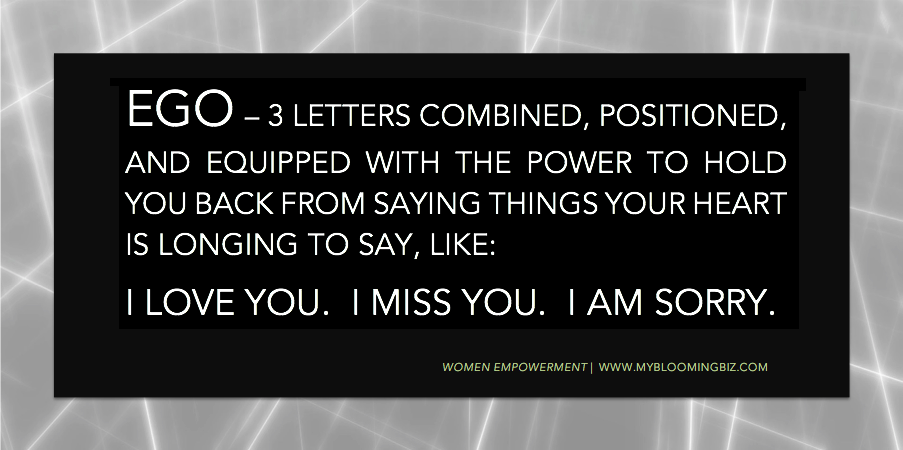
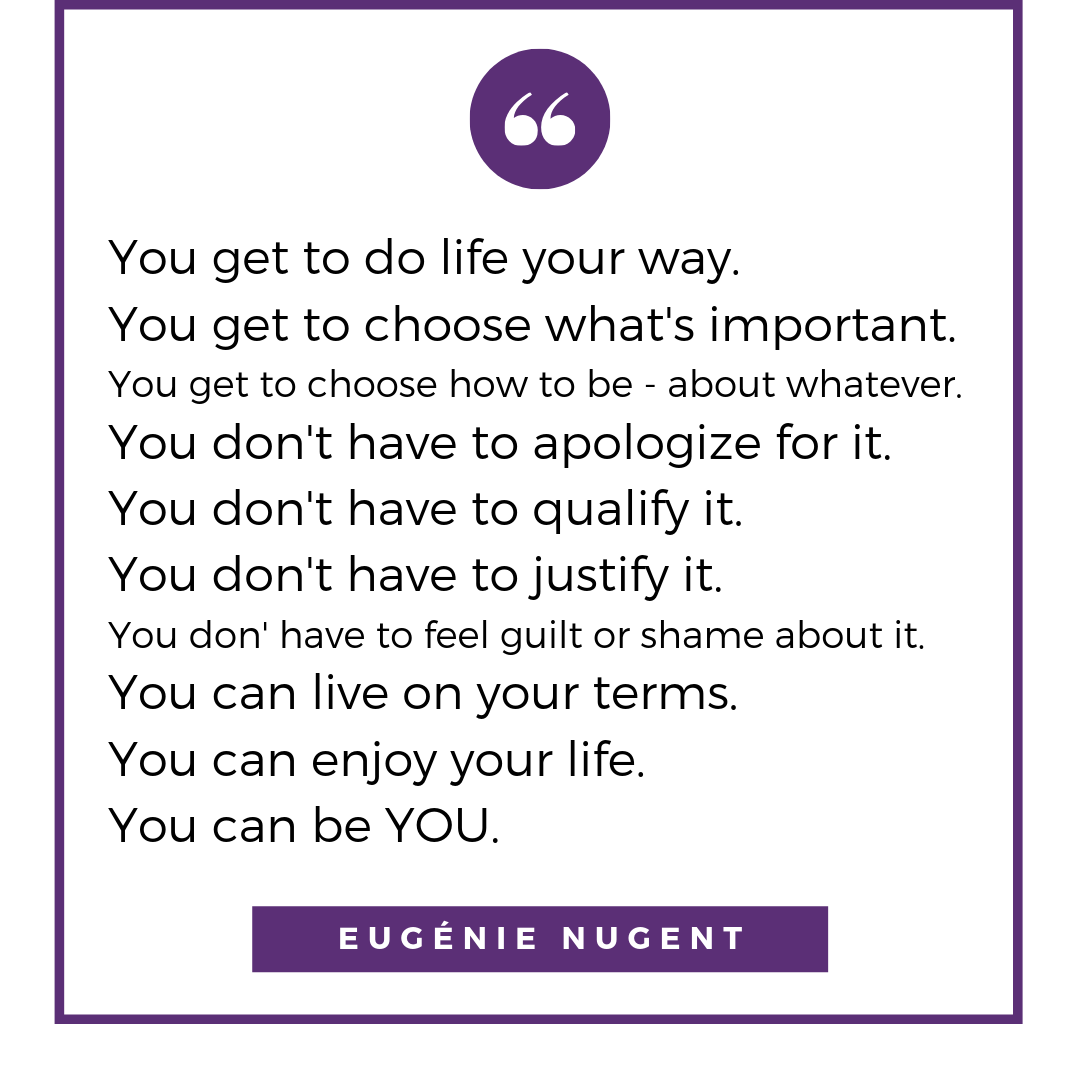


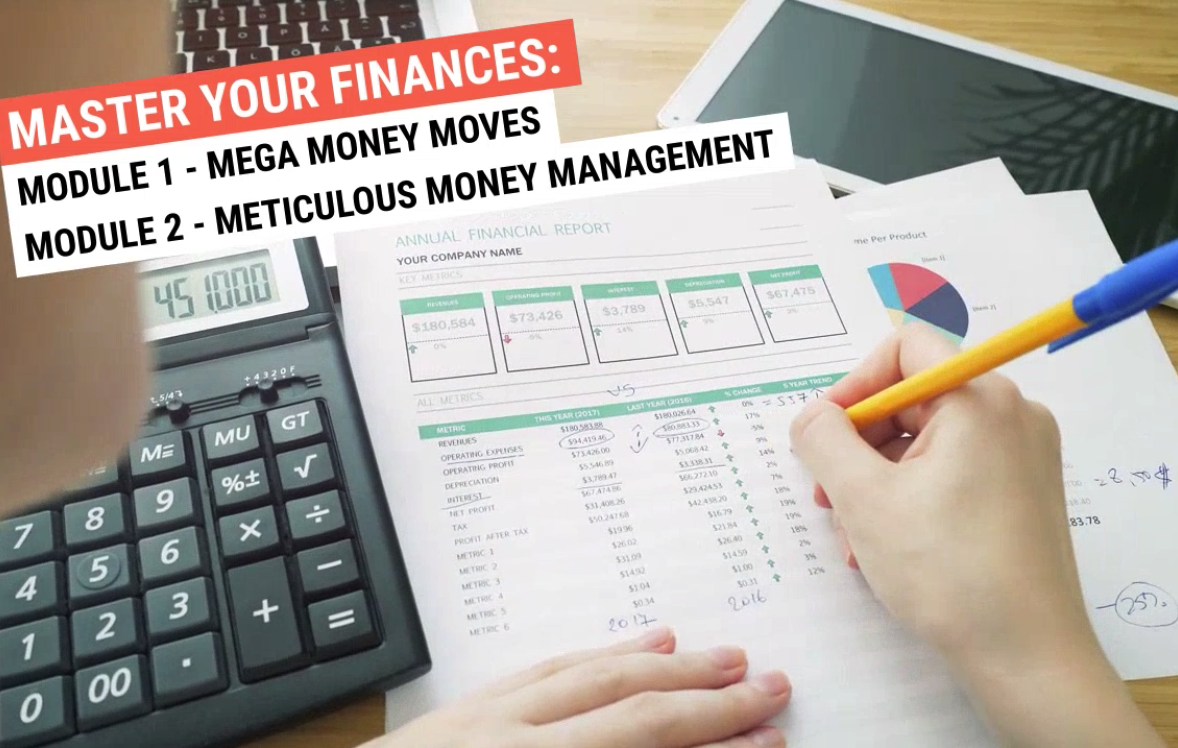
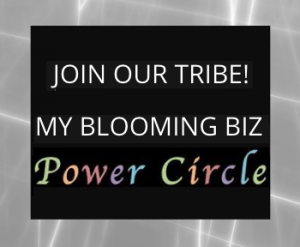
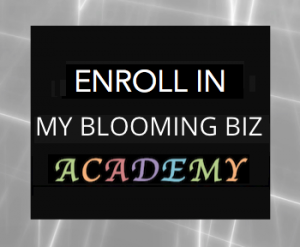
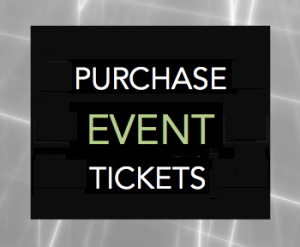
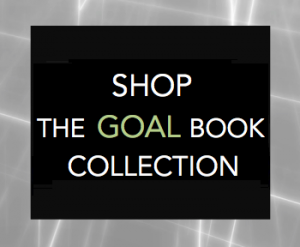
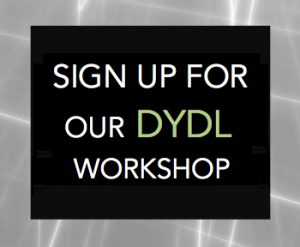
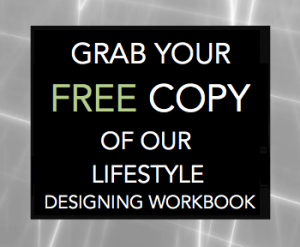
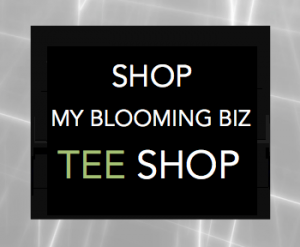

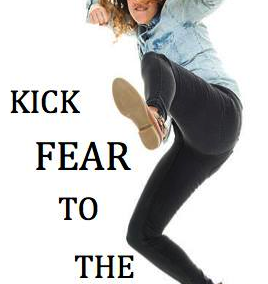
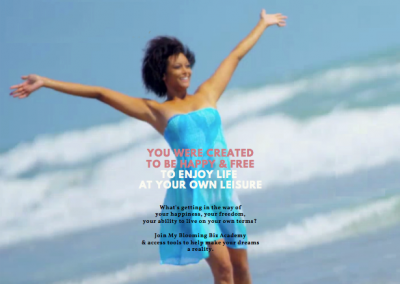
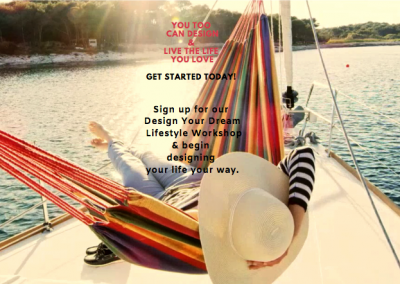
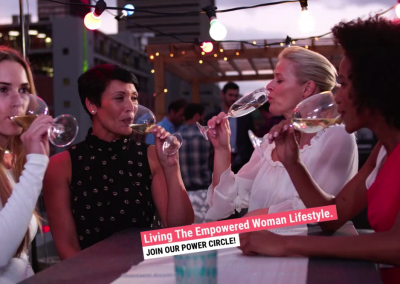
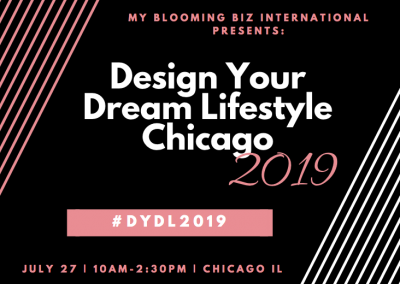
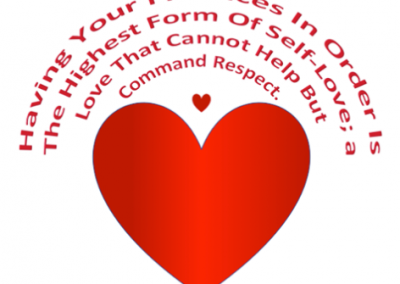
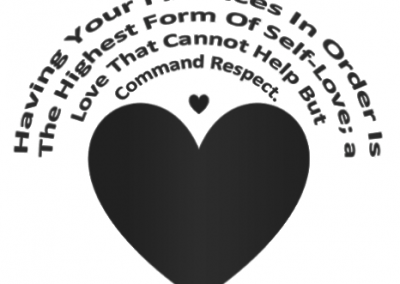


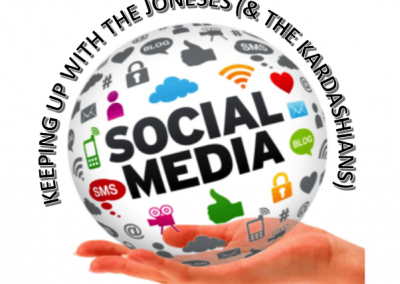
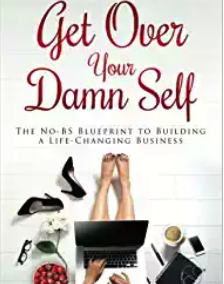

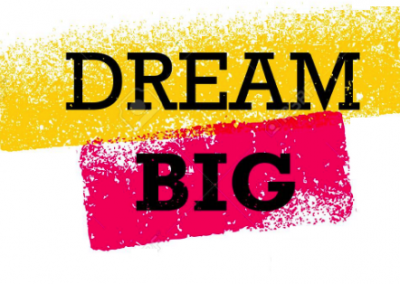

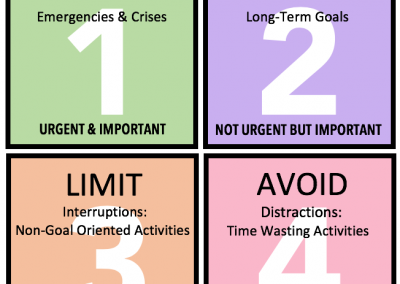
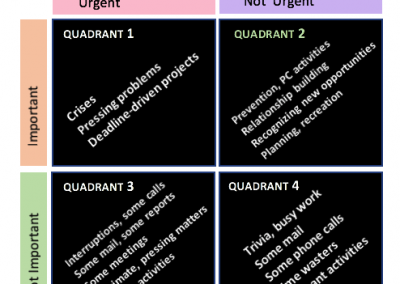
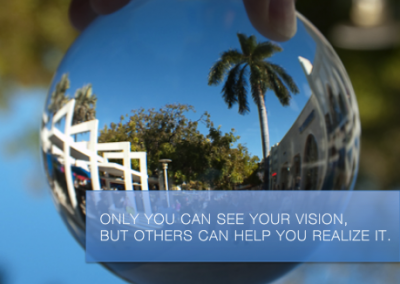
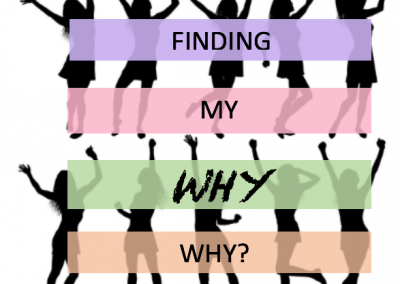

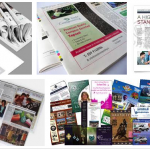



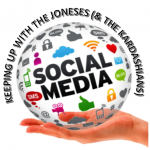
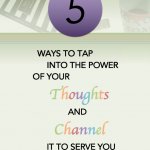
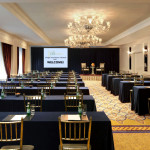


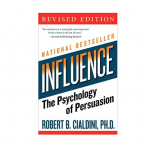



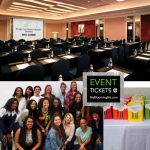
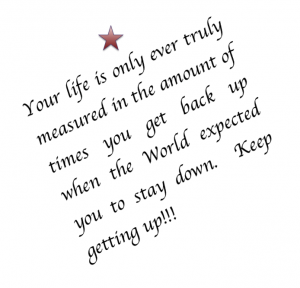
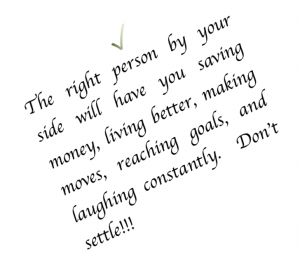

I have a BIG ego, but it does not get in my way of life at all. If anything it helps me succeed. Maybe because I love and respect people in general and have the ability to put myself in others’ shoes. My mom was the first to point that out to me, how keyed in I am to people. I love you, I miss you, I’m sorry, for me is easy.
Guess it all starts with love.
Thankfully John! There is a good side to this ego and you are making it work for you. Some people will find it difficult to temper and control, but it is totally possible. And yes, love is a great starter. Kudos to you for making it happen!
Yep! That ego can build you but it can also destroy you and whatever and whomever are important to you. Thankfully, it can be tempered. We don’t have to strive to get rid of it completely. Even ego has its place!
Yes, indeed Katherine! We can all learn to temper our ego so it does not control our lives.
That intruder needs to be tempered and kept in check for sure. Gotta put it aside sometimes so we can have clearer thinking capacity. Ego to boost our confidence yes, but not to shut out valuable and constructive criticism that can help to enhance our lives.